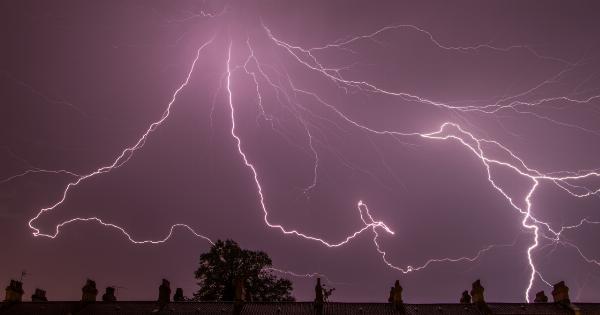Heart attacks are one of the leading causes of death across the world. Unfortunately, most people don’t even realize they are having one until it’s too late.
Recognizing the symptoms of a heart attack is crucial because prompt medical attention can save your life. Below are the six symptoms of a heart attack that you must recognize:.
Chest Pain or Discomfort
Chest pain or discomfort is one of the most common symptoms of a heart attack. You may feel a tight, squeezing, or pressure-like sensation in your chest that may last for a few minutes or longer.
Some people also experience mild to severe chest pain that radiates to other parts of the body such as the arms, shoulders, neck, jaw, back, or stomach.
Shortness of Breath
Shortness of breath is another common symptom of a heart attack. You may feel like you are unable to catch your breath or that you are having difficulty breathing. You may also experience a feeling of suffocation, as if you are being smothered.
Nausea, Vomiting, or Indigestion
Sometimes a heart attack can cause nausea, vomiting, or indigestion. These symptoms are more common in women than in men. If you experience these symptoms along with chest pain or shortness of breath, seek medical attention immediately.
Unusual Fatigue
If you feel unusually tired or fatigued for no apparent reason, it could be a sign of a heart attack. This is especially true if the fatigue is accompanied by other symptoms like chest pain, shortness of breath, or nausea.
Lightheadedness or Dizziness
Feeling lightheaded or dizzy can also be a symptom of a heart attack. This is usually caused by a lack of oxygen in the brain due to decreased blood flow.
Lightheadedness or dizziness, especially if it occurs along with other symptoms, should not be ignored.
Cold Sweat
Cold sweat is another symptom that can indicate a heart attack. If you suddenly start sweating profusely, especially if you are not doing anything strenuous, it could be a sign of a heart attack.
It is important to remember that not all heart attacks are the same. Some people may experience all of these symptoms, while others may only experience a few.
Some may not experience any symptoms at all, which is why heart attacks are often called “silent killers”.
If you experience any of these symptoms, seek medical attention immediately. Do not wait until the symptoms go away or assume that they are caused by something else. Remember, prompt medical attention can save your life.




























